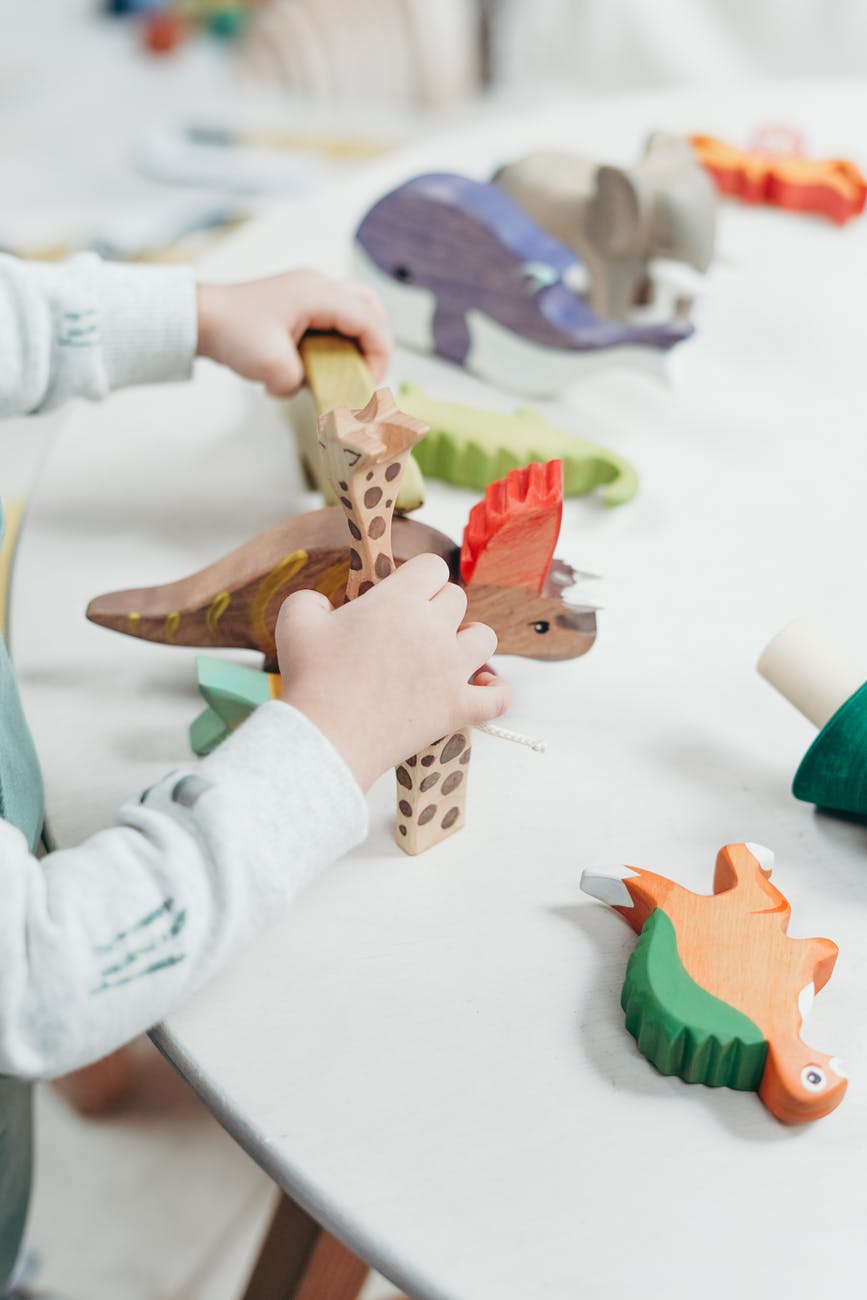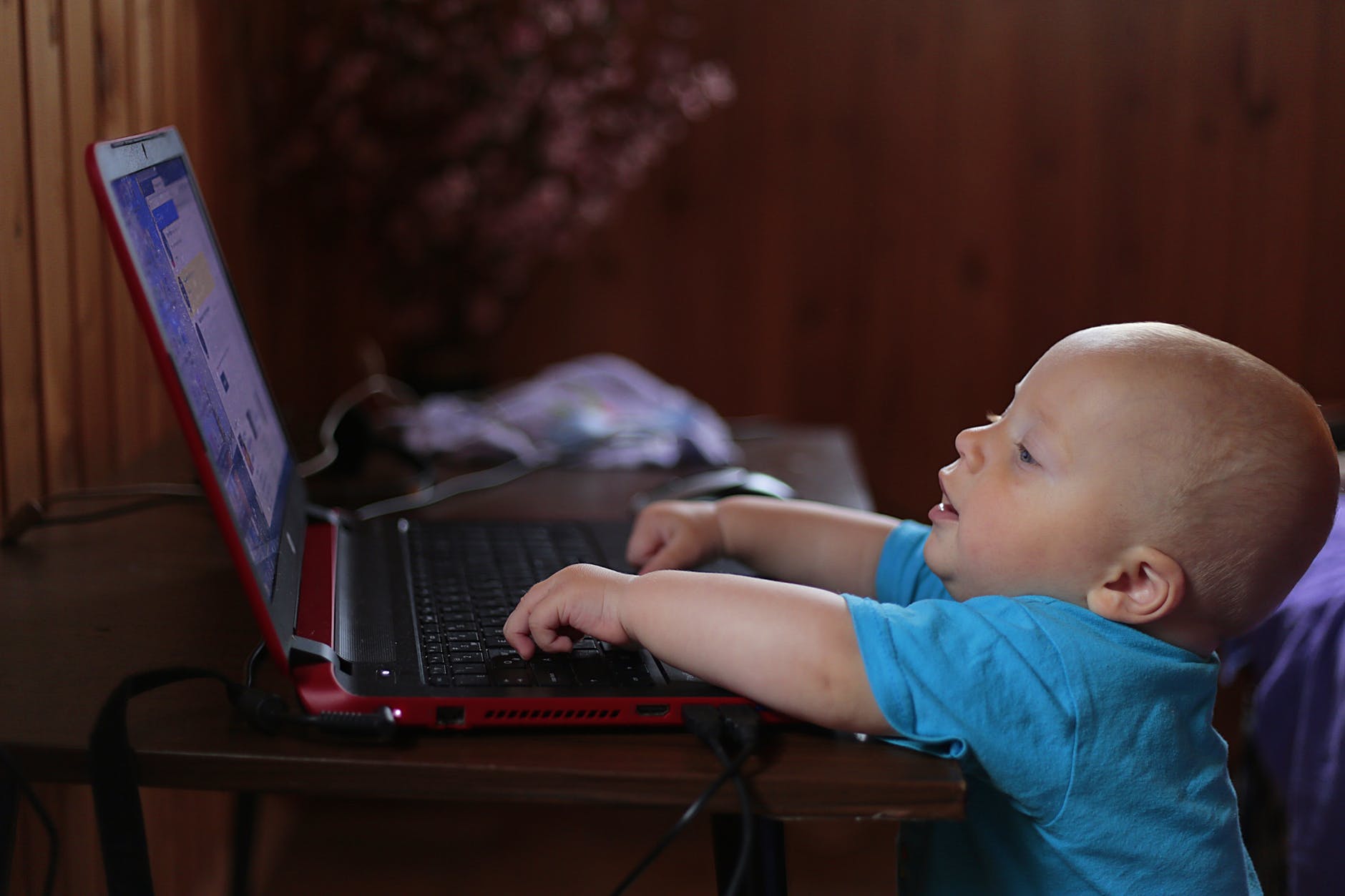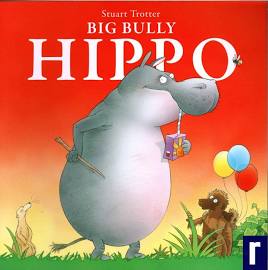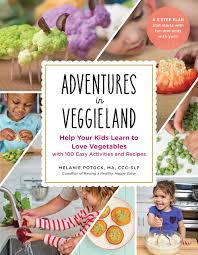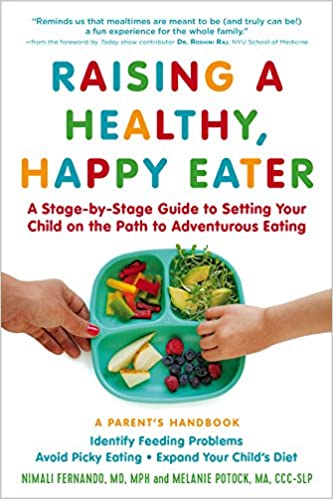
What you’ll find here
Early Intervention refers to the services provided for children at birth to 3 years of age when the child exhibits deficits in the areas of hearing, language development, play and socialization skills, and oral motor and feeding development. These children may or may not have birth defects or health issues related to deficits warranting SLP or other early intervention services.
receive more of this content
Get new content delivered directly to your inbox.
Tools for Parents
Tools for Therapists
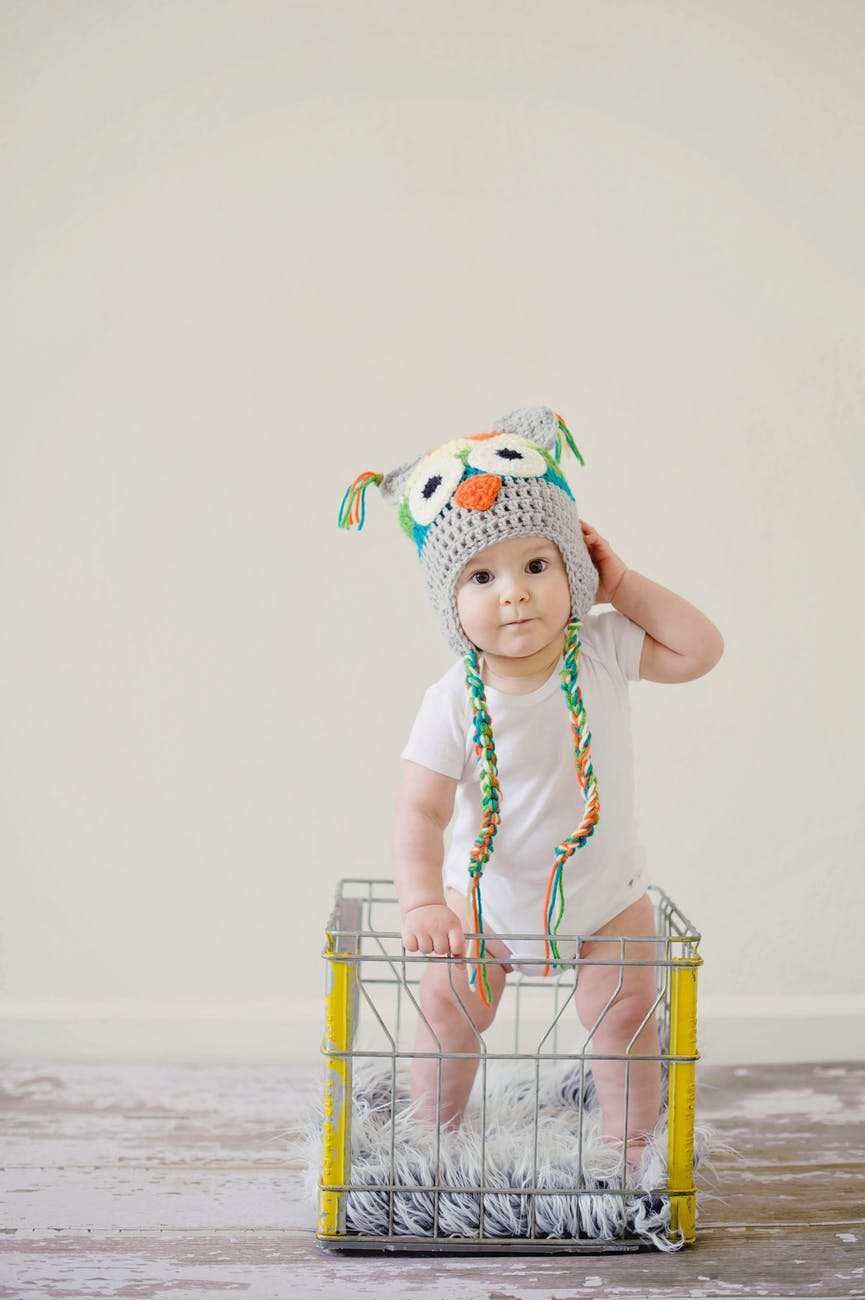





iPad apps
1. I Hear Ewe (Free)
2. Peekaboo Kids (Free)
3. Early Words with Splingo ($2.99)
4. Baby Tap App (Free)
5. Doodle Buddy (Free)
6. Toddler Jukebox (Free)
7. Baby Beats (Free)
8. Tali Train (Free)
9. Peekaboo Barn
10. Road Trip
List Adapted from SpeechInspired.com (2012)
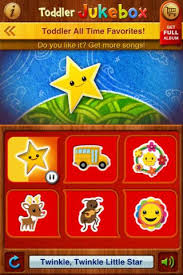



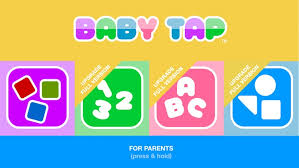
children’s books

100+ Children’s Books for Speech-Language Development
HOW TO CHOOSE A GOOD BABY BOOK
A good baby book – or any book, for that matter – is not always easy to choose and depends on the child’s knowledge and experience of the world. Reading to a child is always important, and especially so for children who have deficits in the various areas of early intervention. I love to choose books that are culturally conversational or at least offer the child a view of a character that looks like him or her. I choose books that allow me to be very repetitive, whether with the same word or item, or that I can use my own ad-lib (i.e. NOT NICE!) I tend to avoid books that don’t give any human representation, even if the “humanly” character is an animal or a monster. Colors are always important. For a child this age, wordiness (especially big words that are hard to imitate!) is not necessary or helpful. A book that can attach itself to a diverse set of goals, is sturdy, and has more pictures than words is a GOOD early intervention book.
SP
Early intervention books
Late Talkers: Language Development, Interventions, and Outcomes (CLI)
The Early Intervention Workbook: Essential Practices for Quality Services
podcasts
Pediatric Feeding in Early Intervention
FIRST BITE Podcast
Happy Mealtime Happy Kids, Infant Feeding Skills, and Acid Reflux in Pediatric Feeding with THERAPY PLAYGROUND
So you want to be a pediatric feeding specialist – Swallow Your Pride 143
Other
Zero to Three
EI on the Fly
Strength in Words
The Working Therapist
One Together Early Intervention
The Untethered Podcast with Hallie Bulkin
web
Behavior – The Encyclopedia on Early Childhood Development
BLOG & SOCIAL
Early Intervention Strategies for Success
What Does Play-Based Speech Therapy Look Like?
Sublime Speech
ALL 4 MY CHILD
Busy Bee Speech
Autism Resources and Community
Play on Words
The Speech Guy
Super Power Speech
Mommy Speech Therapy
List from Therapy Source Staffing Solutions
3 Surprising Tips for Early Intervention and Feeding: The Coaching Model
Smart Speech Therapy: Early Intervention Assessments (See previous posts)


for Therapists
ASSESSMENT TOOLS
PLS-5 is standardized for testing receptive and expressive language in children from ages birth through 7:11. Provides both norm-referenced and criterion referenced scores.
Rosetti Infant-Toddler Language Scale is standardized for testing preverbal and non-verbal language for birth to 3 age group. It provides criterion referenced scores.
REEL-3 (Receptive-Expressive Emergent Language Test) is standardized for identification of receptive and expressive language deficits in the birth to 3 age group. Based on caregiver interview. Provides norm-referenced standard scores. New Edition Available (2020).
LUI (Language Use Inventory) is standardized for evaluation of spoken language in a wide range of settings for various skills in children 18-47 months. Scores are norm-referenced.
DAYC-2 (Developmental Assessment of Young Children) is standardized for measurement of five developmental areas (cognition, communication, adaptive behavior, social-emotional behavior, and physical development) for children birth to 5 years old. Scores are norm-referenced.
Pediatric feeding
Feeding Evaluation Questionnaire
FEED THE PEDS – Pediatric Feeding Screening and and Swallow Training
CONTINUING EDUCATION
FEEDING
Responsive Feeding: Together at the Table Presenters: Karen Dilfer, MS, OTR/L; Stephanie Cohen, MA, CCC-SLP, CLC
Improving Pediatric Feeding Assessment Skills Five Part Series Presenter: Jennifer Dahms, MS, CCC-SLP, BCS-S
Paediatric Feeding and Swallowing Education (PFASE)
Get Permission Approach by Marsha Dunn Klein
Pesi – Complex Feeding Problems by Ms. Hunt, OT
CAN-EAT Approach
My Munch Bug – Melanie Potock

HEARING LOSS
The AUDacity of Listening: Early Intervention for Children with Hearing Loss Presenter: K. Todd Houston, PhD, CCC-SLP, LSLS Cert AVT
WHAT’S WORKING IN TREATMENT
Disclaimer: I do not receive any monetary or other reward for sharing any material from any source on my platform. All sources are from credible educational or therapy-specific sites, which I may have or may not have used in the past. Only the areas in which I have initialed are to be considered my own ideas or advice. Being that the resource page is a collection of ideas from different clinicians, you may encounter ideas that differ from one another. Any use of any materials or resource from this page or links attached, is at your own free will.

